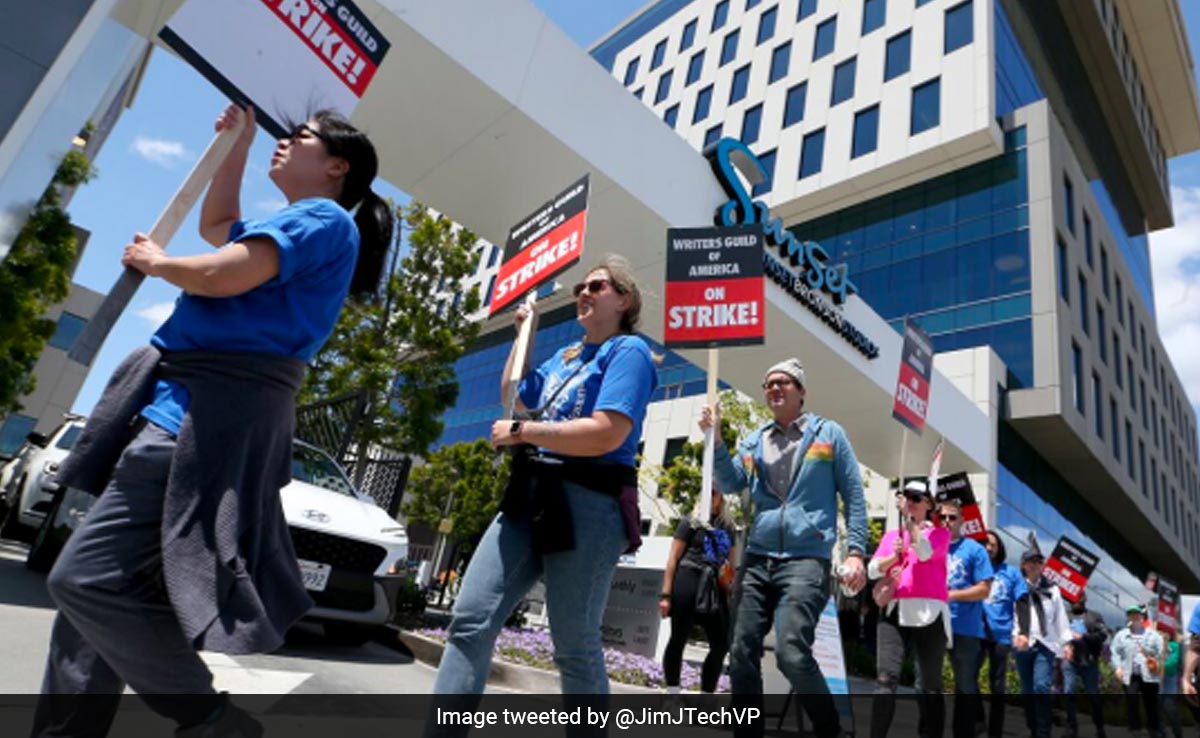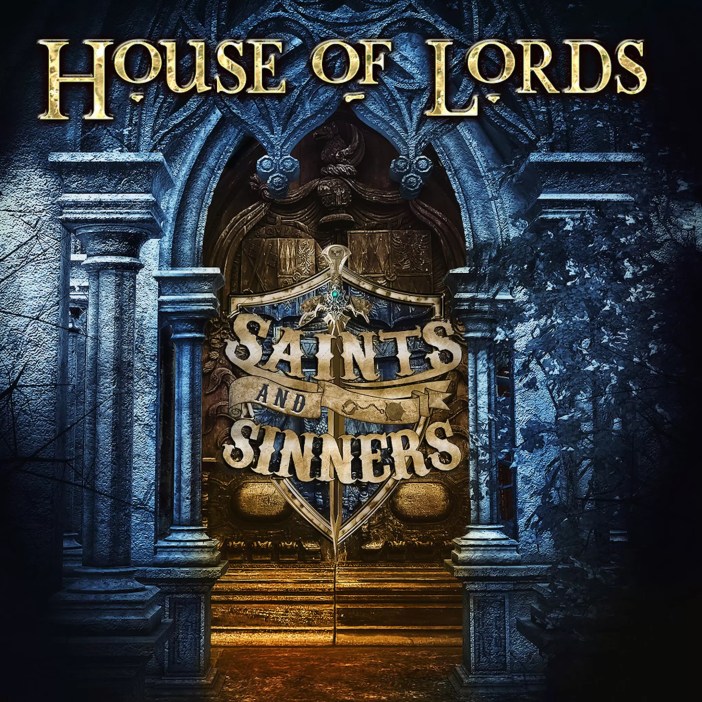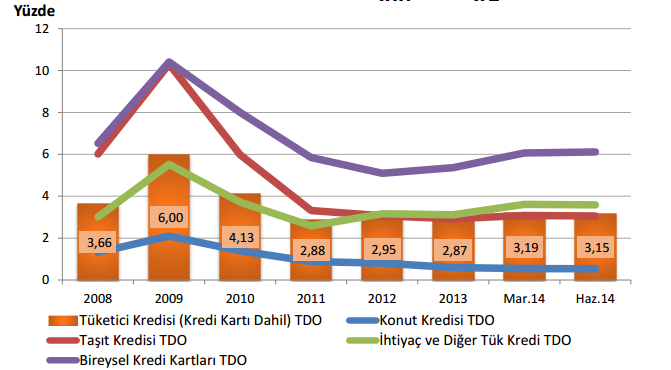Hollywood Shut Down: Actors And Writers On Strike — What This Means For Film And TV

Table of Contents
The Core Issues Fueling the Hollywood Strike
The Hollywood strike represents a clash between the established power structures of Hollywood studios and the demands of the Writers Guild of America (WGA) and the Screen Actors Guild - American Federation of Television and Radio Artists (SAG-AFTRA). Both unions are fighting for substantial improvements in their working conditions and compensation, particularly in the face of the evolving entertainment landscape.
-
Fair wages and residuals in the streaming era: The traditional model of compensating writers and actors, heavily reliant on residuals from television syndication and DVD sales, has crumbled in the streaming era. Streaming services often pay upfront fees, but lack the long-tail revenue streams that provided crucial income for creatives in the past. This has led to significantly reduced earnings for many.
-
Protection against AI-driven content creation: The rapid advancement of artificial intelligence poses a significant threat to writers and actors. Both unions are concerned about the potential for AI to replace human creative talent, impacting jobs and diminishing the value of their work. They are pushing for safeguards against AI usage without proper compensation and creative control.
-
Improved working conditions: The strike also addresses concerns about grueling work hours, inadequate rest periods, and a general lack of job security. The demands seek to improve the overall quality of life for those working in the industry.
-
Transparency in streaming viewership data: The lack of transparency regarding streaming viewership data makes it difficult for writers and actors to negotiate fair compensation. They argue that access to this data is crucial to fairly assess the value of their work and its contribution to a streaming service's success.
The transition to streaming has significantly altered the economic model of the entertainment industry. For example, a writer who used to receive significant residuals from syndication of a successful sitcom now receives a much smaller upfront fee, regardless of the show's popularity on a streaming platform. This fundamental shift in compensation is a central driving force behind the Hollywood strike.
Impact on Film and Television Production
The immediate impact of the Hollywood strike on film and television production is devastating. Numerous projects have been significantly affected, creating a ripple effect throughout the industry.
-
Delays and cancellations of film and television productions: Many productions, including major studio films and popular television series, have been indefinitely postponed or completely canceled, leading to significant financial losses for studios and production companies.
-
Post-production delays for already-filmed projects: Even projects that have already completed filming are experiencing delays due to the actors' strike, particularly those requiring voiceovers, promotional materials, or additional shooting.
-
Potential impact on award season: The timing of the strike could significantly impact awards season, potentially leading to postponements or a reduced number of eligible films and television shows.
-
The ripple effect on related industries: The impact extends far beyond the actors and writers themselves. Related industries such as catering, transportation, and location services are also experiencing significant job losses and financial hardship.
For instance, the highly anticipated film "Untitled Marvel Project" has been indefinitely delayed, along with the next season of the hit show “The Crown,” illustrating the widespread impact of this labor dispute. The economic impact extends beyond Hollywood, affecting thousands of individuals and businesses reliant on the film and television industry.
The Long-Term Effects of the Hollywood Strike
The long-term consequences of the Hollywood strike remain uncertain, but several potential scenarios could unfold, significantly impacting the industry, audiences, and workers.
-
Potential changes in the way movies and TV shows are produced: The strike could force studios to rethink their production models, potentially leading to more streamlined processes and a greater emphasis on efficiency.
-
Shifts in the power dynamic between studios and creative talent: The outcome of the strike could fundamentally shift the power balance, potentially giving writers and actors greater leverage in future negotiations.
-
The future of AI in content creation: The dispute could lead to clearer regulations and guidelines regarding the use of AI in content creation, protecting the livelihoods of human creatives.
-
Potential impact on the quality and diversity of future productions: The strike's outcome could impact the overall quality and diversity of future productions, depending on the success of the unions in achieving their goals regarding fair compensation and working conditions.
The Role of Streaming Services in the Dispute
Streaming services play a pivotal role in this dispute. Their business models, which prioritize subscriber acquisition over traditional revenue streams, are at the heart of the conflict.
-
The business models of streaming services and their impact on revenue sharing: The opaque financial models of major streaming platforms make it difficult to determine fair compensation for writers and actors. The emphasis on subscribers over revenue sharing has negatively impacted the incomes of creatives.
-
The different approaches of various streaming platforms to the strike: Different streaming services have adopted varying approaches to the strike, some showing greater willingness to negotiate than others. This disparity highlights the varying power dynamics between these platforms and the studios.
-
The potential for streaming services to be forced to change their business practices: The strike could force streaming services to reconsider their business models and adopt more equitable revenue-sharing practices to ensure fair compensation for writers and actors.
The financial power wielded by major studios and streaming platforms like Netflix, Amazon, and Disney significantly influences the negotiations. Their financial strength gives them leverage, making it a challenging battle for the unions to achieve their goals.
Conclusion
The Hollywood strike, driven by fair wages, AI concerns, and improved working conditions, has brought the entertainment industry to a standstill. The impact is far-reaching, affecting productions, related industries, and potentially the future of film and television. The long-term effects will depend on the outcome of the negotiations, potentially reshaping the power dynamic between studios and creative talent, and altering how content is produced and consumed. The role of streaming services in shaping the industry's future will also be a defining factor in the resolution of this significant Hollywood strike. Stay informed about the ongoing Hollywood strike and its implications for the future of entertainment by following reputable news sources and learning more about the WGA and SAG-AFTRA to fully understand the fight for fair wages and working conditions in the entertainment industry.

Featured Posts
-
 Les Gens D Ici Un Apercu De Leur Culture Et De Leur Mode De Vie
May 26, 2025
Les Gens D Ici Un Apercu De Leur Culture Et De Leur Mode De Vie
May 26, 2025 -
 Russell And The Typhoons A Comprehensive Guide For Fans And Music Enthusiasts
May 26, 2025
Russell And The Typhoons A Comprehensive Guide For Fans And Music Enthusiasts
May 26, 2025 -
 Education Des Enfants Le Parcours Parental De Melanie Thierry Et Raphael
May 26, 2025
Education Des Enfants Le Parcours Parental De Melanie Thierry Et Raphael
May 26, 2025 -
 Get Ready For Sinners Louisiana Filmed Horror Movie Hits Theaters
May 26, 2025
Get Ready For Sinners Louisiana Filmed Horror Movie Hits Theaters
May 26, 2025 -
 What Do Flood Alerts Mean A Simple Explanation
May 26, 2025
What Do Flood Alerts Mean A Simple Explanation
May 26, 2025
Latest Posts
-
 Finance Loans 101 Everything You Need To Know About Loan Applications
May 28, 2025
Finance Loans 101 Everything You Need To Know About Loan Applications
May 28, 2025 -
 Abd Tueketici Kredileri Mart Ayi Raporu Ve Gelecek Tahminleri
May 28, 2025
Abd Tueketici Kredileri Mart Ayi Raporu Ve Gelecek Tahminleri
May 28, 2025 -
 Rayan Cherki What A German Insider Says
May 28, 2025
Rayan Cherki What A German Insider Says
May 28, 2025 -
 Your Guide To Finance Loans Interest Rates Emis And Loan Tenure Explained
May 28, 2025
Your Guide To Finance Loans Interest Rates Emis And Loan Tenure Explained
May 28, 2025 -
 Mart 2024 Te Abd Tueketici Kredilerindeki Artis Ve Sebepleri
May 28, 2025
Mart 2024 Te Abd Tueketici Kredilerindeki Artis Ve Sebepleri
May 28, 2025
